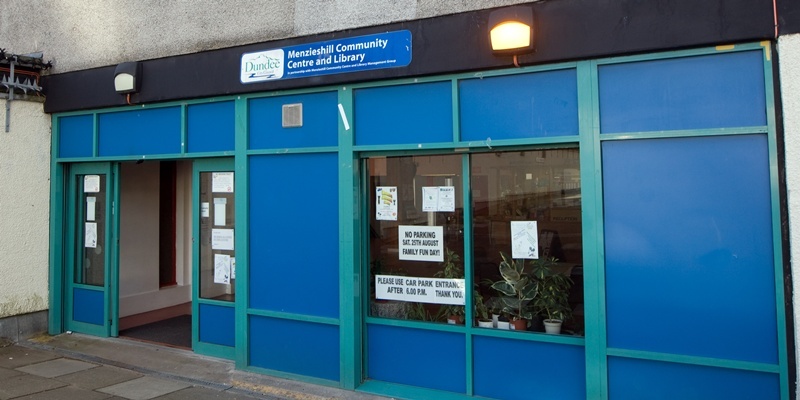Legionella bacterium, which causes deadly legionnaires’ disease, have been found at a community centre in Dundee.
The discovery was made after routine testing of the showers in the men’s changing rooms at Menzieshill Community Centre earlier this month.
The case was confirmed by Dundee City Council after The Courier received a tip-off as to why the showers had been out of commission for more than a fortnight.
A council spokesman stressed no one had been affected by the bacterium and there was no threat to public health. NHS Tayside has been informed and tests have been conducted and measures taken to eradicate the bacteria.
The centre had informed its user groups on August 6 that the showers would be unavailable for a week to 10 days due to routine maintenance. However, this week a notice appeared saying they would be out of commission for a further 10 days.
A Courier source said traces of the potentially fatal disease had been found in water samples, leading to the shutdown.
The discovery follows the recent outbreak of legionnaires’ disease in Edinburgh that caused the deaths of three people and affected more than 100 others. That outbreak was declared over last month.
The council spokesman said: ”As a result of routine water sampling, Dundee City Council can confirm that legionella bacteria have been found in the shower heads at Menzieshill Community Centre.
”The shower area has been closed and the water system has been thoroughly treated. As a precautionary measure, new showers are to be installed.
”The city council follows a rigorous health and safety regime which includes regular testing for legionella bacteria.
”Officials from NHS Tayside’s health protection team are fully aware of the circumstances and actions taken by the council. In their view, there are no public health issues. The community centre continues to remain open to the public.”
Legionella is a bacteria (germ) found in the environment. It can cause two types of illness, the potentially lethal legionnaires’ disease, which is a pneumonia (lung infection) and Pontiac fever, a milder, flu-like illness.
Legionella bacteria is widely distributed in the environment and has previously been found in ponds and rivers.
Problems arise when it contaminates man-made water systems, such as the water in air-conditioning cooling systems, hot and cold water systems in buildings, spa pools and cooling towers.
The terrible consequences of the disease were felt in Dundee in 2008. Lowestoft man Edward Warnes’ 60th birthday celebrations turned to tragedy when he and his partner fell ill with flu-like symptoms on their return to Suffolk from a holiday at Piperdam Golf and Leisure Resort near Dundee.
Legionella bacteria was found in a hot-tub and in two shower heads in one of the lodges.
Within days Mr Warnes was in intensive care and he spent his birthday in a coma before his family took the heartbreaking decision to turn off his life support system.
The resort at Fowlis was fined £120,000 at Forfar Sheriff Court last year after admitting to breaches of health and safety legislation.
